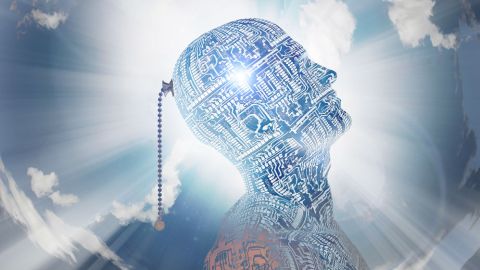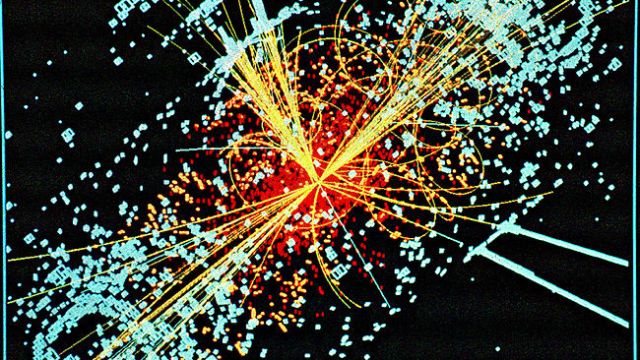Brains Are Automatic, But People Are Free

What’s the Big Idea?
Michael Gazzaniga, one of the world’s leading researchers in cognitive neuroscience, describes the mystery of free will: “If you think about it this way, if you are a Martian coming by earth and looking at all these humans and then looking at how they work you wouldn’t—it would never dawn on you to say, ‘Well, now, this thing needs free will!’ What are you talking about?”
Whether you are a parent, a philosopher, or the CEO of Facebook, it’s a concept that you’ll inevitably have to bang your head against — the individual right to choose what one does, what one doesn’t do, what one is exposed to. “Most of us are certain that we have free will, though what exactly this amounts to is much less certain,” says the encyclopedia of philosophy.
Often we understand free will to mean the opposite of fate. (“If you’ve got it, you don’t want it,” say Devo.) But what does it mean to have control over your self and your actions? What does it take? Have humans ever really had it? And why do we care? Because the implications are more than theoretical, according to Gazzaniga: “The central part of free will that people want to hold onto is the sense that that therefore makes you responsible for your actions.” Ownership over your actions implies a certain degree of responsibility.
For instance, the writer Ayn Rand characterized people as being with free will, either good or evil. In her radically individualistic estimation, the only moral question was, “which will you be?” Naturally, this conception of humanity results in an ethics which promotes the pursuit of self-interest as the ultimate good: if all the power is in your hands, the thinking goes, then so too, is all of the blame.
What’s the Significance?
On the other end of the spectrum is Gazzaniga, who believes that free will is a concept invented by humans to describe a gap in our understanding of how the brain works. Less a metaphysical idea and more a name for something we couldn’t quite pinpoint, the idea arose out of a time when human beings lacked the scientific rigor to inquire into the biology of cognition and perception. We simply do not function in life as individuals carving out our own paths.
But we’re not prisoners of our neural networks, either. “We can study cars and all their physical relationships and know exactly how they work,” explains Gazzaniga. “It in no way prepares us to understand traffic when they all get together and start interacting.”
Clearly, there’s a balance between seeing people either as deterministic robots or as entirely in control of everything they do. “The way I sum it up is that brains are automatic, but people are free because people are joining the social group and in that group are laws to live by. We can understand brains to the nth degree, but it’s not going to, in any way, interfere with the fact that taking responsibility in a social network is done at that level.”





